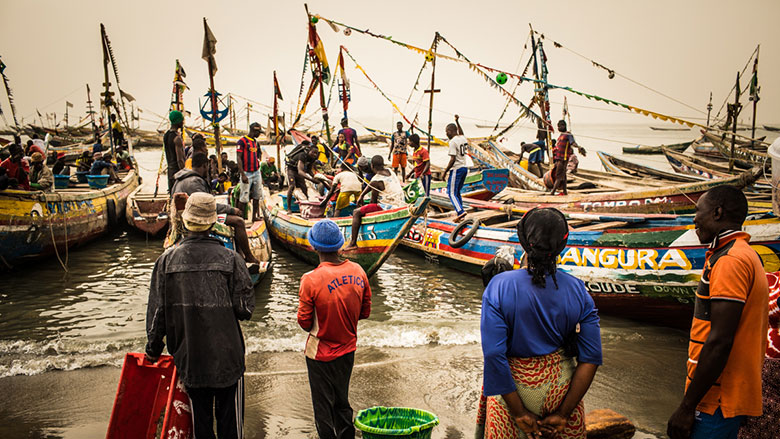The centuries-old fishing festival known as Noradala in Guinea continues to thrive, serving as a vibrant testament to enduring cultural traditions and communal unity in the region. Rooted deeply in history, Noradala dates back to the 14th century and is celebrated annually in the village of Norassoba, located in Upper Guinea. This festival marks the beginning of the rainy season and brings together thousands of amateur fishermen from across the sub-prefecture to partake in a collective fishing event that has been preserved for over seven centuries.
At the heart of Noradala is a sacred lagoon on the edge of Norassoba, which remains untouched for an entire year leading up to the festival. This period of preservation ensures the pond is ready to sustain the massive influx of fishermen who descend upon it during the event. The festival is not merely a fishing competition but a significant cultural occasion around which many village activities revolve, including weddings and baptisms. As village elder Bangaly Traoré explains, Noradala is the major annual event for the community and its children, symbolizing continuity and cultural identity.
The festival is characterized by a strong sense of order and cooperation. Young men from the village form a cordon around the pond to regulate access and maintain peace during the event. This collective effort fosters a spirit of unity and joy, with participants emphasizing harmony and mutual respect. Moussa Camara, a young organizer, highlights that the fishing is conducted peacefully and joyfully, without conflicts, and is considered even more important than Eid celebrations. The festival serves as a powerful reminder that communal strength is achieved through cooperation and solidarity.
Women also play a vital role in Noradala, with many participating since childhood and encouraging younger generations to uphold the tradition. The fish caught during the festival are not sold commercially; instead, they are cooked and shared among families, with the largest fish reserved for village elders. This practice underscores the festival’s communal and cultural significance rather than economic motives.
Despite its vibrancy and cultural importance, Noradala faces ecological challenges. The lagoon has been shrinking year after year, leading to concerns about the sustainability of fish stocks. Local elders, including Maramany Cissé, express worry about the future of this heritage and call for efforts to protect and develop the pond. The festival thus stands at a crossroads, balancing the preservation of a cherished tradition with the need for environmental conservation.
As the festival concludes each year, many fishermen return home empty-handed but remain hopeful for a more bountiful catch in the following year. The enduring spirit of Noradala reflects the resilience of the Norassoba community, anchoring them firmly in their past while inspiring efforts to safeguard their cultural and natural heritage for future generations.
In summary,
the Noradala fishing festival is a remarkable example of how ancient traditions can continue to thrive in modern times, fostering community cohesion, cultural pride, and a deep connection to the environment. It is a celebration that transcends mere fishing, embodying the collective identity and historical continuity of the people of Upper Guinea.

